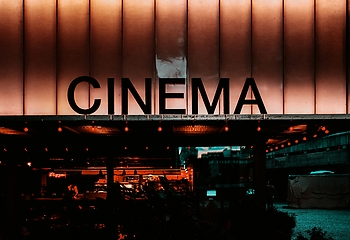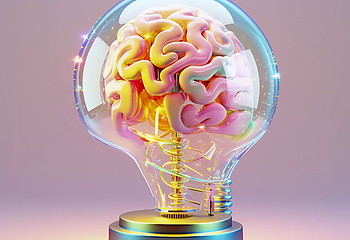ASCA Research Group AI and Cultural Production coordinated by Pei-Sze Chow and Claudio Celis Bueno
AI and Cultural Production
ASCA Research Group
In this era of the Fourth Industrial Revolution, Artificial Intelligence (AI) has by now become ubiquitous in our everyday lives, driving technologies and processes in healthcare, transport, security, communications, and beyond. AI-powered technologies are now being used in the cultural and creative industries at various stages of production, both in the creative and artistic dimension and in the business and commercial aspects.
To a certain extent, there is an inherited idea that creativity and creative labour cannot (or should not) become automated, as if these were unique traits of human activity. From this perspective, the deployment of AI in cultural production can be seen by some as undermining the spontaneity and freedom of human actions and creative agency. Other cultural critics prefer to focus on more concrete consequences of this technology, such as its ethical, political, and economic dimensions. From a different perspective, enthusiasts of the technology may not only celebrate its economic and technical benefits, but also argue that the fact that machines can now perform creative tasks in the field of cultural production represents a radical step towards a true artificial intelligence. On the contrary, critics of this phenomenon could contend that this is possible only because of the process of standardization and normalization that the culture industry actually entails. Finally, there are those who suggest that the radical advances in artificial intelligence and algorithmic technologies calls for a redefinition of inherited categories such as those of creativity, originality, culture, etc.
Despite the multiple perspectives and approaches to the topic, what is becoming evident are not only its urgency and complexities, but also the need for interdisciplinary research. How should we as scholars in the humanities and social sciences respond to and engage with a technological development that is now inserting itself into our fields of inquiry and creative practices? How can we engage with the practitioners building creative AI tools to address issues of trust, agency, bias, and fairness?
In this group we seek to understand the social, aesthetic, economic, and political consequences of this phenomenon while forging connections between researchers from different disciplines as we explore new perspectives, approaches, and methods for the study of AI in cultural production.

